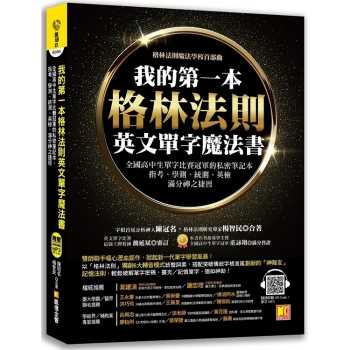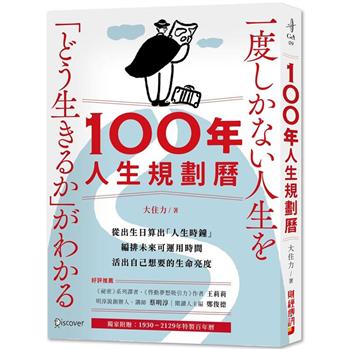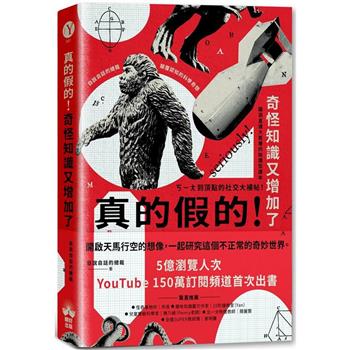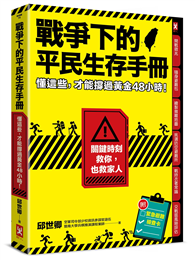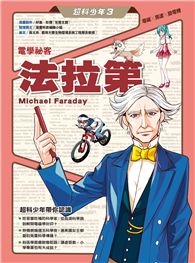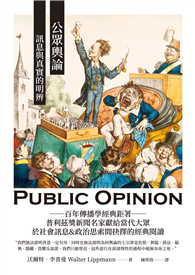In the wake of expanding commercial voyages, many people in early modern Europe became curious about the plants and minerals around them and began to compile catalogs of them. Drawing on cultural, social and environmental history, as well as the histories of science and medicine, this book argues that, amidst a growing reaction against exotic imports -- whether medieval spices like cinnamon or new American arrivals like chocolate and tobacco -- learned physicians began to urge their readers to discover their own "indigenous" natural worlds. In response, compilers of local inventories created numerous ways of itemizing nature, from local floras and regional mineralogies to efforts to write the natural histories of entire territories. Tracing the fate of such efforts, the book provides new insight into the historical trajectory of such key concepts as indigeneity and local knowledge.
| FindBook |
有 1 項符合
Inventing the Indigenous: Local Knowledge and Natural History in Early Modern Europe的圖書 |
 |
Inventing the Indigenous: Local Knowledge and Natural History in Early Modern Europe 作者:Cooper 出版社:Cambridge University Press 出版日期:2007-02-01 語言:英文 規格:精裝 / 218頁 / 23.6 x 16 x 1.8 cm / 普通級 |
| 圖書館借閱 |
| 國家圖書館 | 全國圖書書目資訊網 | 國立公共資訊圖書館 | 電子書服務平台 | MetaCat 跨館整合查詢 |
| 臺北市立圖書館 | 新北市立圖書館 | 基隆市公共圖書館 | 桃園市立圖書館 | 新竹縣公共圖書館 |
| 苗栗縣立圖書館 | 臺中市立圖書館 | 彰化縣公共圖書館 | 南投縣文化局 | 雲林縣公共圖書館 |
| 嘉義縣圖書館 | 臺南市立圖書館 | 高雄市立圖書館 | 屏東縣公共圖書館 | 宜蘭縣公共圖書館 |
| 花蓮縣文化局 | 臺東縣文化處 |
|
|
圖書介紹 - 資料來源:博客來 評分:
圖書名稱:Inventing the Indigenous: Local Knowledge and Natural History in Early Modern Europe
|
